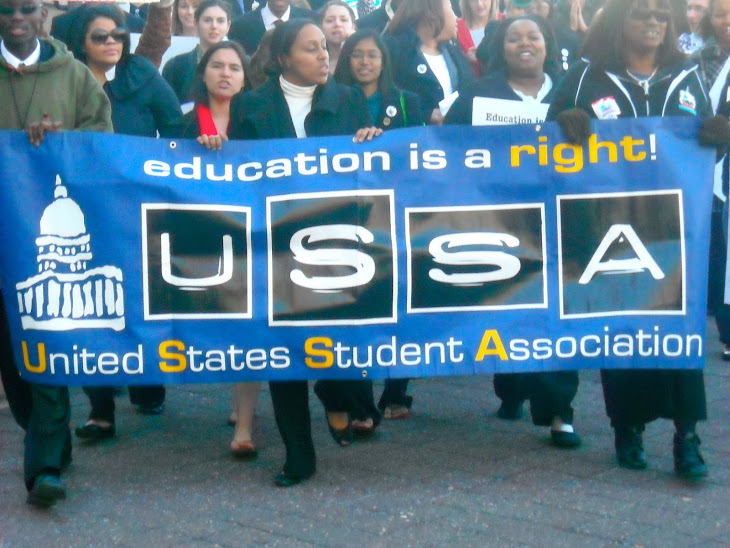
The financial collapse of 2008 had rippling effects across America, including on college students. Young people, who were already victim to decades of higher education divestment, saw higher education budgets slashed by state legislatures and tuition and fees soar. With these higher costs and dwindling financial aid, student debt has risen to nearly $25,000 for the average borrower. The federal government took steps to mitigate these financial burdens by passing historic student aid reform last spring, ushering in a new era of federal investment in college students. Private lenders, however, still needed strengthened regulation.
The recently signed financial reform legislation does just that. The bill creates the Consumer Financial Protection Bureau (CFPB), the first federal agency completely devoted to guarding consumers against dangerous lending practices. The Bureau’s authority over private student loans will help reign in the ‘wild west’ of student lending. However, the CFBP is limited to overseeing banks and credit unions making over $10 billion; Sallie Mae Bank, the nation’s largest student lender, makes $5 billion and will escape the agency’s supervision. Students fought hard to end federal subsidies to private lenders because their lending practices lead to massive student debt; Congress shouldn’t allow that progress to retreat by diluting the CFPB’s authority.
USSA supports the independence of the CFPB as a neutral, objective watchdog, keeping solely the interests of American consumers, including college students, in mind.
Additionally, the final version of the bill does not include the House of Representative’s provision requiring students be made aware of any federal loans for which they are eligible before taking out private loans. This policy is critical because, according to the U.S. Education Department, nearly two-thirds of undergraduates who borrowed private loans in the 2007-2008 academic year did so despite being eligible for lower-cost federal loans, and one quarter of these students did not take out any federal loans at all. More awareness of federal loan eligibility is critical to the effectiveness of college affordability policy.
USSA applauds Congress for taking the difficult but necessary steps to reform the nation’s financial framework. Students will be working to ensure the CFBP vigilantly guards students against the predatory practices of private lenders.


No comments:
Post a Comment